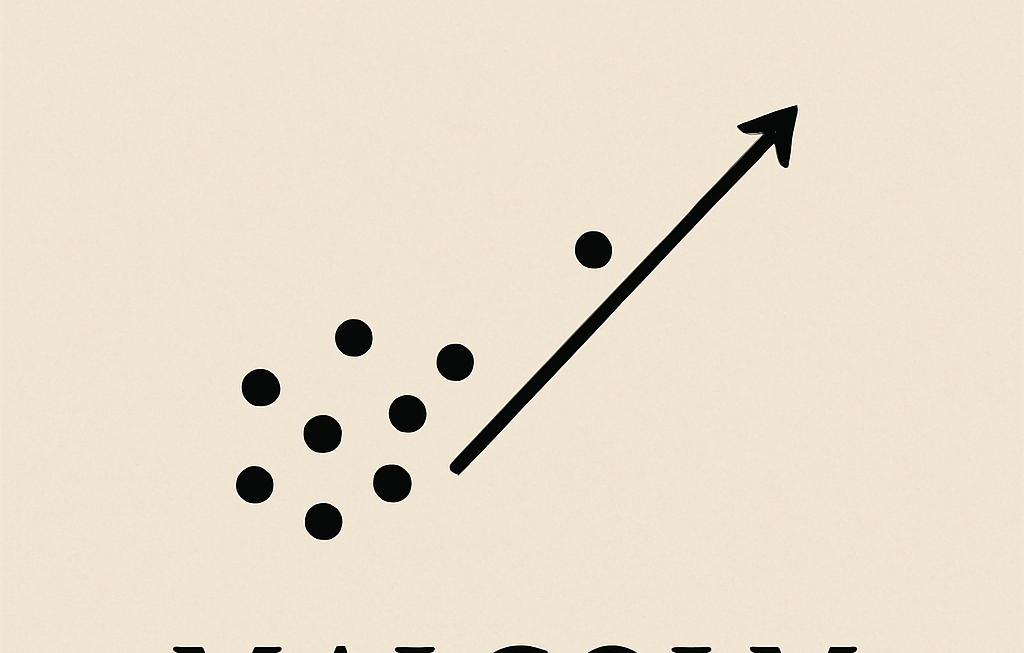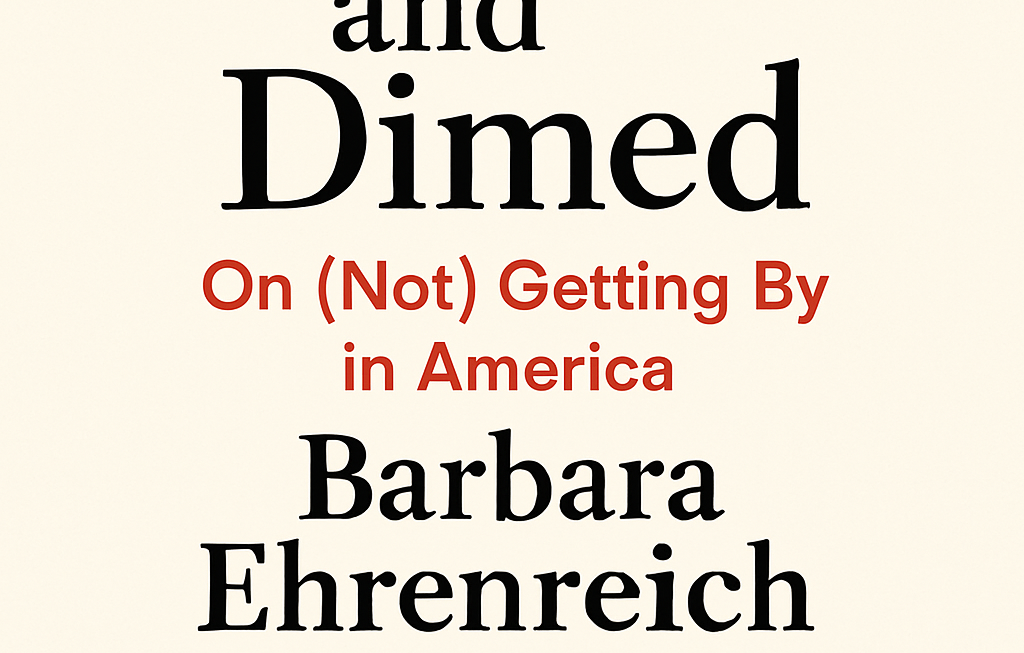Outliers and the Architect of Success: A Conversation with Malcolm Gladwell
Malcolm Gladwell, the Canadian-born journalist and author whose name is synonymous with insightful social analysis, has gifted us with a series of compelling narratives that dissect the complexities of human behavior and achievement. His 2008 work, Outliers: The Story of Success, stands as a particularly provocative contribution to this oeuvre. In Outliers, Gladwell moves beyond simplistic notions of meritocracy, arguing instead that success is not solely a product of individual grit and determination, but rather a confluence of opportunity, circumstance, and cultural inheritance. He masterfully weaves together compelling case studies – from the Beatles’ meteoric rise to the disproportionate representation of certain ethnic groups in high-achieving professions – to illustrate the profound impact of “cumulative advantage” and the often-overlooked role of context in shaping destinies. This is not simply a self-help book; it’s a sophisticated exploration of societal structures and their influence on individual trajectories, prompting readers to reconsider deeply ingrained assumptions about what constitutes success and how it is attained. Gladwell’s signature style – a seamless blend of rigorous research and engaging storytelling – has cemented his status as a prominent voice in contemporary intellectual discourse. While his work has drawn both enthusiastic praise and pointed criticism for its simplification of complex social phenomena, its undeniable impact on public conversations surrounding success, opportunity, and social mobility cannot be ignored. This interview delves deeper into the motivations, methodologies, and controversies that have defined his remarkable career.
Ten Questions for Malcolm Gladwell
- Question: Outliers challenges the conventional narrative of individual merit. But hasn’t the criticism that you oversimplify complex social issues led you to re-evaluate this position at all?
- Answer: The criticism is valid, and I’ve wrestled with it. My aim isn’t to provide definitive answers, but rather to spark a conversation. Success is multifaceted, and I acknowledge the limitations of any single narrative. The complexities remain, even if I’ve chosen to highlight certain elements to make them accessible. I hope my work encourages a more nuanced understanding, not a simplistic one.
- Question: The “10,000-hour rule” has become something of a cultural touchstone. Do you find its widespread adoption to be a positive or negative development, given its potential for misinterpretation?
- Answer: The 10,000-hour rule is a useful heuristic, a starting point for understanding the importance of deliberate practice. But it’s not a magic formula, and its reductionist interpretation troubles me. It simplifies a far more complex interaction between talent, opportunity, and sustained effort. The problem is when it’s applied without considering the context – those 10,000 hours need the right environment to be truly meaningful.
- Question: Your work blends journalism and social science. How do you navigate the ethical considerations of presenting complex research findings to a general audience, ensuring accuracy without sacrificing readability?
- Answer: It’s a constant balancing act. I rely heavily on solid research but prioritize clarity and engagement. I simplify, but I avoid distortion. My goal is to make complex concepts accessible, not to oversimplify them to the point of inaccuracy. Transparency about the source material and limitations of the research is crucial to maintaining ethical integrity.
- Question: Critics argue that your reliance on anecdotal evidence occasionally overshadows rigorous statistical analysis. How do you respond to this critique, and how do you choose the stories you highlight?
- Answer: Anecdotes are not intended to replace statistical analysis; rather, they serve as compelling entry points into a discussion about broader trends. I select stories not just for their inherent drama, but for their ability to illustrate larger patterns that the data support. The challenge lies in marrying careful research with compelling narratives, and acknowledging the limitations of any individual example.
- Question: Your writing style is notably engaging. Can you discuss your process for crafting a compelling narrative out of complex data and research?
- Answer: I start with a compelling question, then let the research guide the story. I try to identify the narrative arc before I begin writing, shaping the data to fit it. There’s a lot of iterative rewriting, focusing on clarity and flow. The aim is to make the journey of discovery as engaging as the destination. The research needs to drive the narrative, not vice versa.
- Question: Your work has been described as both inspiring and frustrating, prompting both optimistic and critical engagement. Which reaction, if either, do you find more valuable?
- Answer: Both are valuable. Inspiration, while rewarding, can be complacent. Criticism, however uncomfortable, forces examination and refinement. Productive engagement, regardless of its initial tone, is the goal. I learn as much from the critiques as I do from the praise, and that pushes me to better clarify my work and reasoning.
- Question: Beyond success, what are some other major themes you anticipate exploring in your future work?
- Answer: I’m always interested in exploring the subtle ways our environment shapes our decisions and behaviors. This could entail investigating the influence of institutions, geographical contexts, or even the less obvious aspects of cultural heritage. The question always starts with the ‘why’ and seeks to find a fresh, illuminating perspective on complex, universal human experience.
- Question: Looking back on your career, what are some of the most significant lessons you’ve learned about the nature of success, both personally and professionally?
- Answer: Personally, it’s the importance of perseverance and finding the right kind of challenge that truly engages you. Professionally, the greatest lesson is the value of curiosity and the ability to connect seemingly disparate ideas. The greatest successes have stemmed from the unexpected connections, which is precisely what has driven my work this whole time.
- Question: Your work frequently challenges conventional wisdom. How do you identify areas where commonly held beliefs are inaccurate or incomplete, and what drives your desire to challenge the status quo?
- Answer: It begins with asking ‘why?’ constantly, particularly about the things we take for granted. It’s about noticing anomalies and inconsistencies in accepted narratives. The drive is curiosity, a desire to understand how things truly work, unfettered by preconceived notions. I aim to challenge the status quo not for the sake of contrarianism, but for the sake of a more complete and accurate picture.



